Our Leaders
Smithsonian Student Travel | Our Leaders
Our leaders represent the nation’s top educational institutions and have held positions with such reputed organizations as the Peace Corps, Teach for America, the Fulbright Program, and more. They are authors, researchers, engineers, designers, photographers, educators, and practicing professionals. They bring real-world experience, unique perspectives, and contagious enthusiasm for learning and for the world around us. In short, they are perfectly equipped to help our students experience the world through the Smithsonian lens. As such, our leaders are selected from a highly competitive pool of diverse and qualified candidates, each of whom holds exceptional experience in their fields, in youth engagement, and in travel.
All leaders hold at least a bachelor’s degree or have significant professional and teaching experience, are certified in CPR and first aid, and are background checked yearly.
Leaders are recruited, interviewed, and hired by our collaborating partner, Putney Student Travel. Learn more about leadership requirements, the hiring process, or to apply to lead.
Featured Leaders
Our distinguished instructors are selected not only for their impressive academic credentials, but also for their enthusiasm, passion, and proven capability to connect with and inspire students. They are dedicated, warm, dynamic, experienced, and caring individuals who return year after year. Read on to meet some of our instructors!
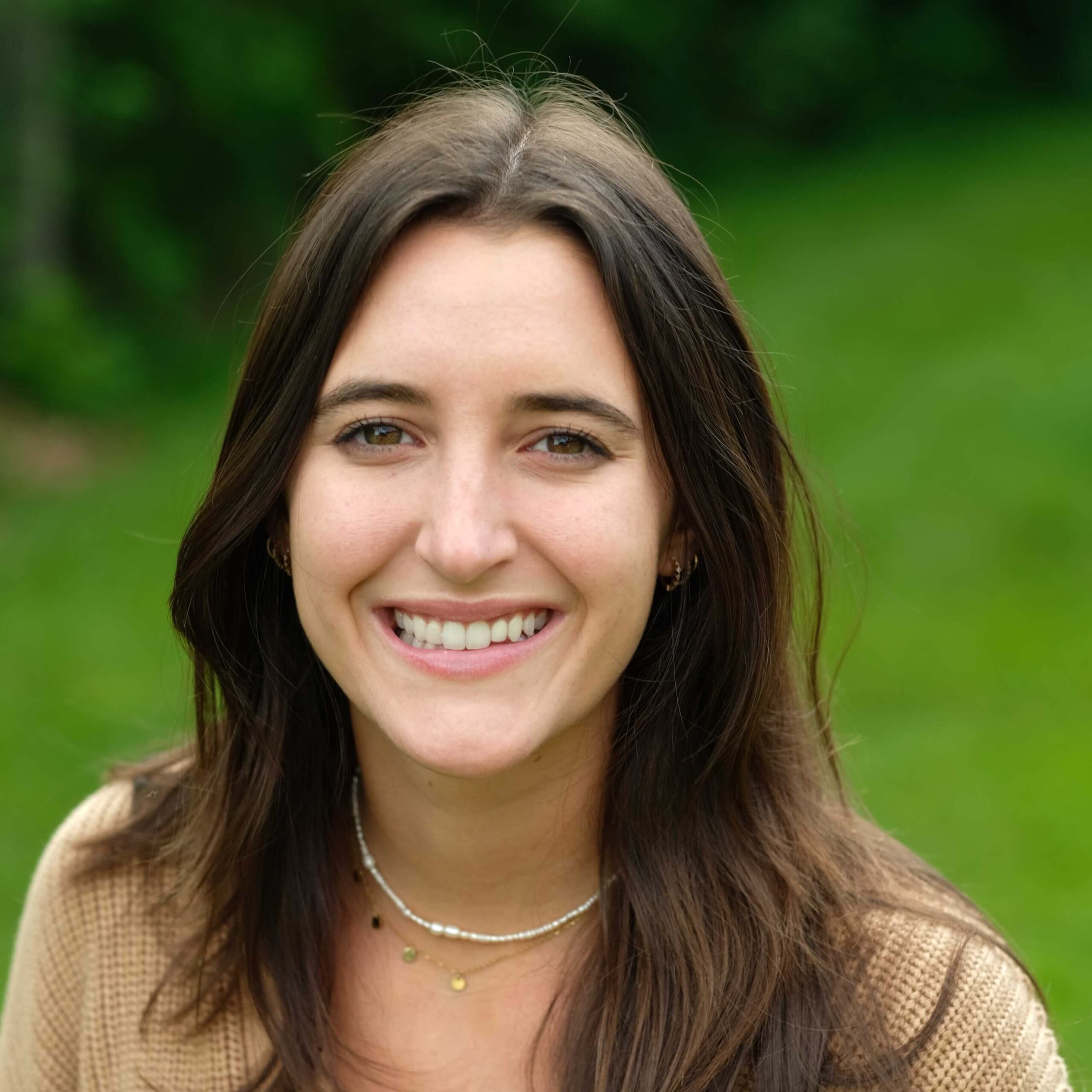
Kira McBride
University of Oxford, M.A., Classics
University of Virginia, B.A., Classics
While at the University of Virginia, Kira focused on Greek and Latin literature, history, art, and archaeology. She spent a semester studying in Rome, learning its history, reading its literature, and traversing its topography. During her time at Oxford, she focused on Roman religion and had the opportunity to travel to Rome again. Since graduating from Oxford, Kira has returned to Italy every summer. This past March, she led a group of high school students from her school in Washington D.C. to Rome, Pompeii, and Herculaneum. She now teaches high school Latin in Atlanta.
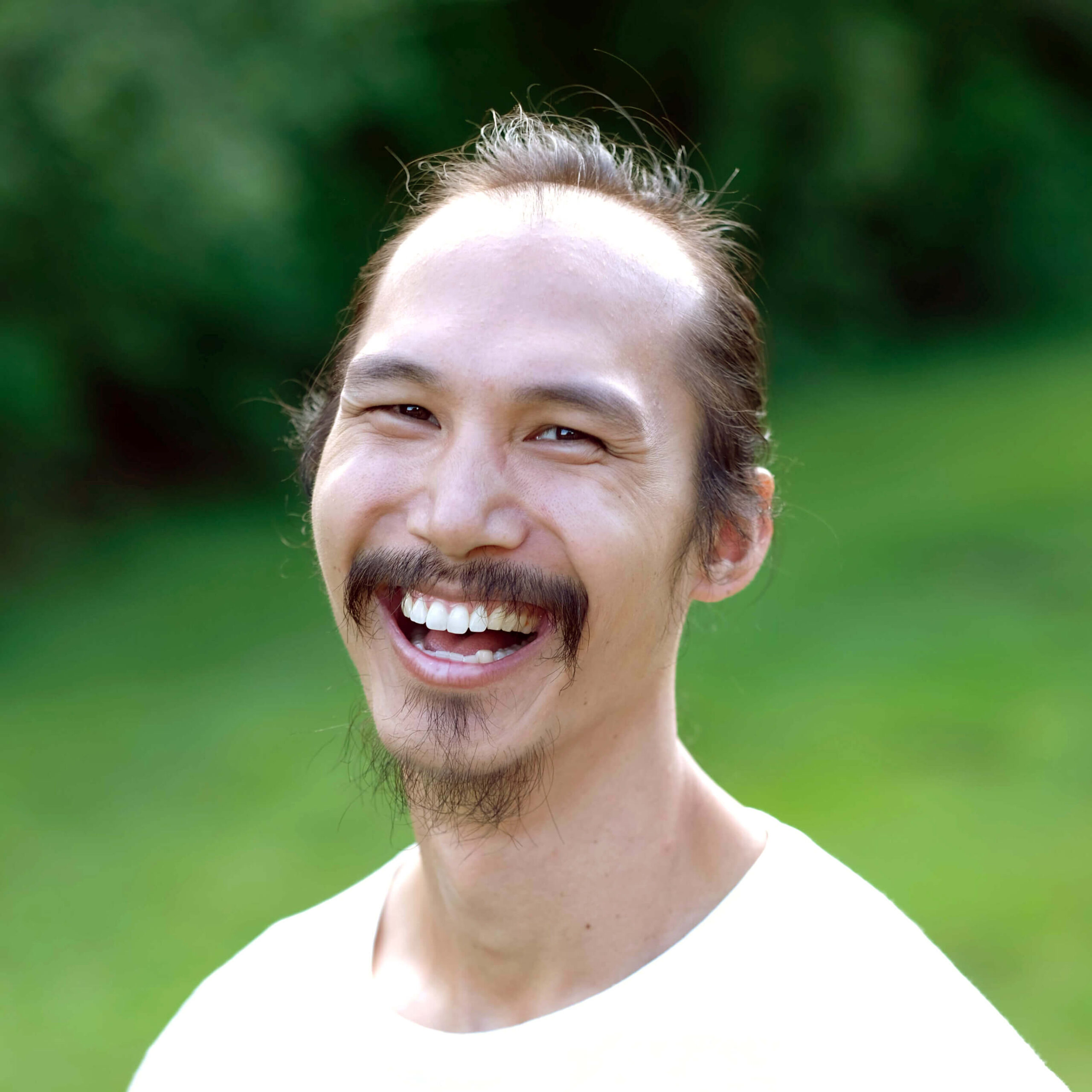
Bryan Wong
University of British Columbia, B.Ed., International Baccalaureate Secondary Education in Business
University of British Columbia, B.Com., Finance, Real Estate, International Business
After finishing his undergraduate studies in secondary education in business, Bryan has spent the past six years living and teaching abroad in Japan, China, and Panama. Bryan spent three years living in rural Japan teaching in Japanese schools where he learned about the Japanese education system, taught himself Japanese achieving a JLPT N2 certification, and traveled to 32 out of the 47 prefectures in Japan. Bryan immersed himself in the local Japanese culture where he was part of a professional Japanese traditional dance team, professional Japanese taiko drum team, professional Japanese traditional puppet team, and local kendo team. Bryan loves traveling and has been to over 55 countries around the world. Bryan loves learning languages where he speaks English, Japanese, Mandarin, Cantonese, and is learning Spanish. Bryan is currently working at the International School of Panama as a business teacher teaching 11th and 12th grade students in the IB Programme.
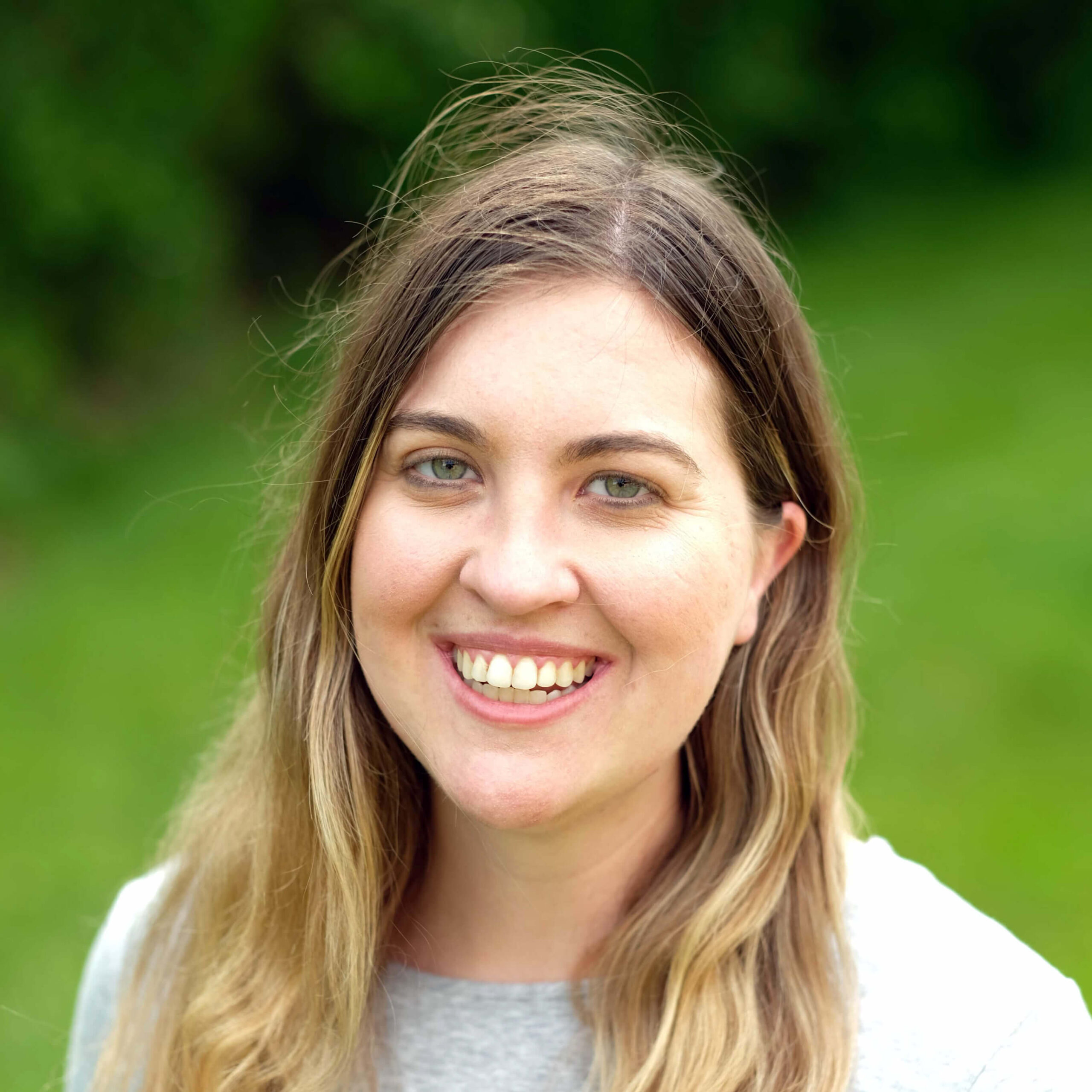
Madison Cook
Tulane University, M.Arch.
Tulane University, B.Arch
Madison has been on the faculty at Virginia Tech’s School of Architecture since the fall of 2022. She is committed to the foundational education of architects and designers. This commitment manifests through experiential, studio-based learning focused on drawing and making. She encourages her students to learn by doing, and travel is an integral part of her approach. While in school, Madison had opportunities to conduct her own independent research projects in Norway and the Czech Republic. Now, as a part of Virginia Tech’s School of Architecture Fall Travel Program, she leads cohorts of upper-year students to significant architectural sites across Europe. Madison grew up on the coast of Maine and graduated with master’s and bachelor’s degrees in architecture from Tulane University in New Orleans, Louisiana.
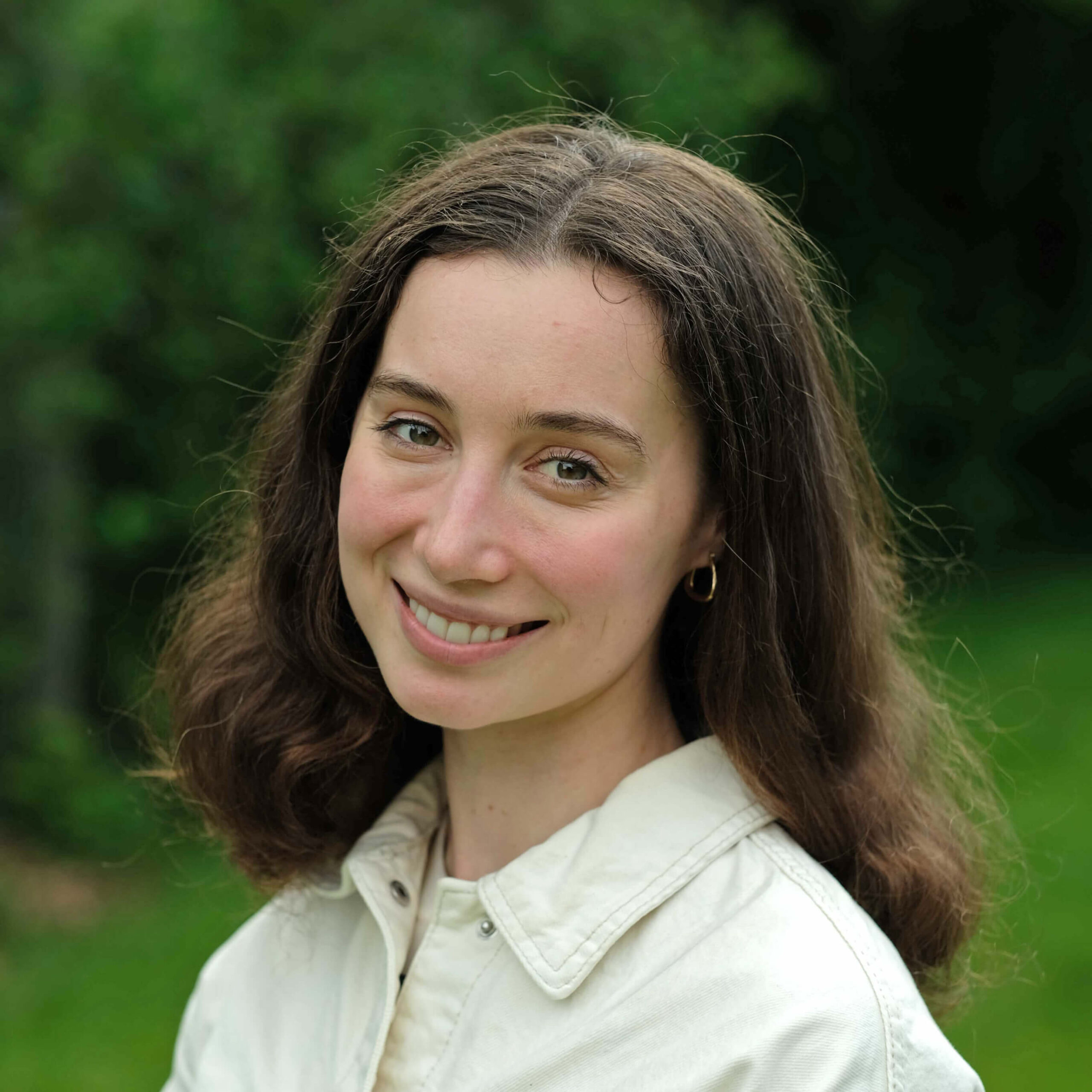
Grace Cordsen
Princeton University, B.A., Art & Archeology, independent work in Entrepreneurship
While at Princeton, Grace concentrated on a wide variety of eras in art history, including writing her senior thesis on French Impressionism, publishing a book on the culinary histories of the remote communities in the North Atlantic, and working for three months at an Archeological database in Luxor, Egypt. Her love of research is paralleled by her passion for entrepreneurship. She founded her first company while at school and went on to found a travel guide company in 2020. Since graduating in 2019, she has worked extensively as a guide, educator, art historical researcher, and advocate in the Arctic and the Antarctic. In 2023 she became one of the youngest women ever to manage a camp in the Antarctic and has cumulatively spent over a year living in the Polar regions. From 2022-2023, Grace worked at Google all while balancing research and guide writing to destinations throughout the United States, and working as as logistics coordinator for Arctic expeditions. This fall, Grace will be going back to school for a masters in Environmental/Sustainability Management.
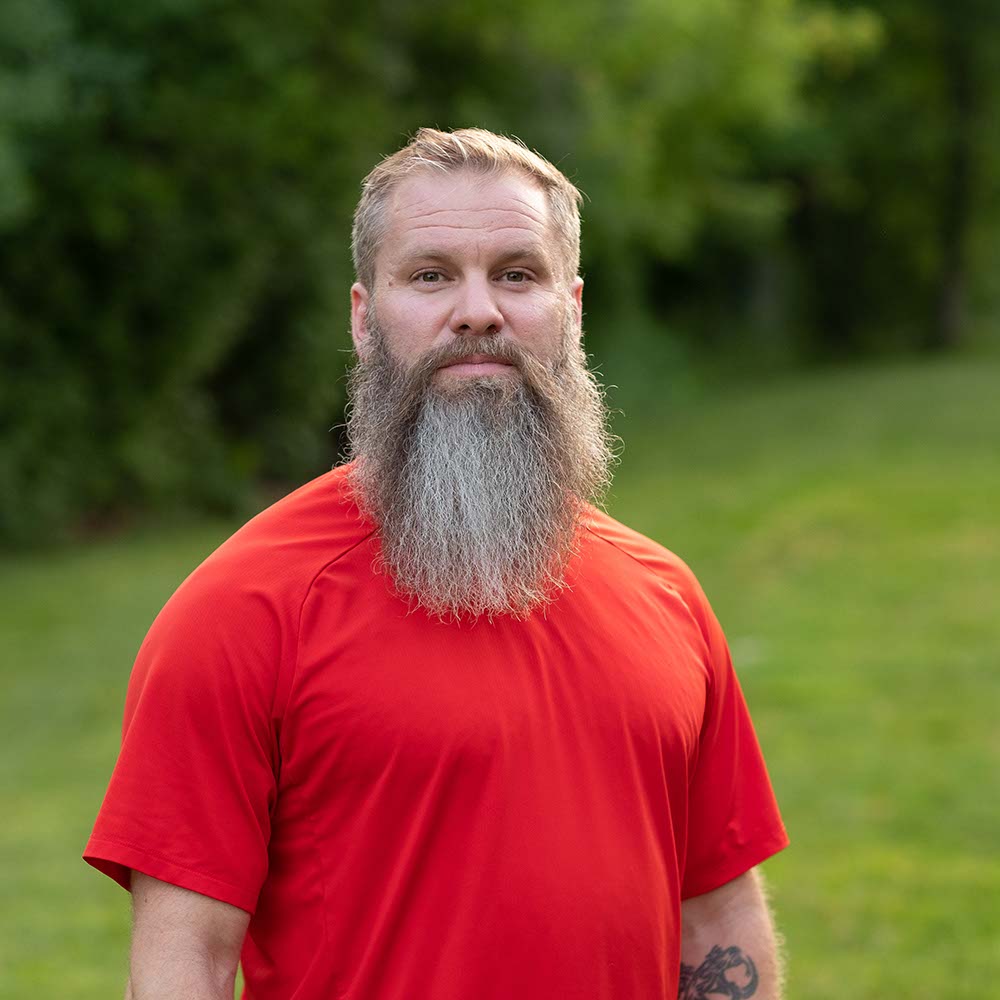
Dr. Graham Lau
University of Colorado Boulder, Ph.D., Geological Sciences and Astrobiology, non-degree in Astrophysics
York College of Pennsylvania, B.S., Biology, A.S., Chemistry
Graham is an astrobiologist and communicator of science. With an academic background spanning biology, chemistry, astrophysics, and geology, Graham is an expert on how living things affect the environment around them and how we search for alien life beyond the Earth. He has conducted research in the Canadian High Arctic, has done x-ray spectroscopy at three different particle accelerators around the world, and is the Host of the NASA-funded livestream show called “Ask an Astrobiologist.” Graham currently serves as the Director of Communications and Marketing for the nonprofit Blue Marble Space, is a Research Scientist with the Blue Marble Space Institute of Science, and is also the Director of Logistics for the University Rover Challenge (an undergraduate robotics competition focused on Mars rovers). Graham has given public talks to classrooms and student groups from around the world, has been interviewed on various podcasts, and is known for his inspirational views on our place in the cosmos. He also serves as a meditation instructor and public speaking coach. He has led and instructed high school programs on the campus of MIT and in Switzerland, and last year led our Washington, D.C. & Houston program.
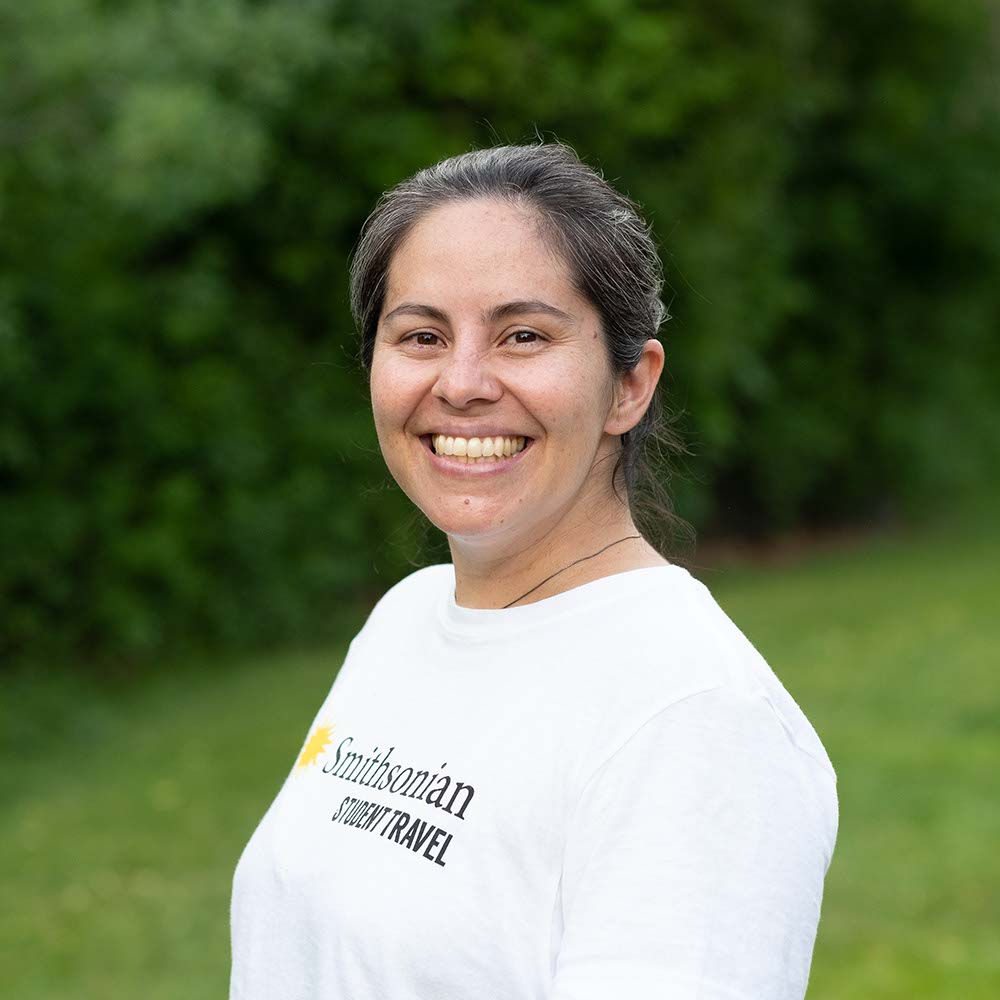
Jimena Montane
University of Manchester, Central European University, Lund University, M.Sc., Environmental Science, Policy and Management
Universidad Veracruzana, B.Sc., Biology
Jimena has worked extensively in environmental education and conservation since her undergrad studies in biology. In graduate school, she spent two years living and studying in different countries, including Hungary, Greece, the UK, and South Africa. She conducted her dissertation research in Kruger National Park, working in rural communities, and going on safari in her free time. Jimena then spent a year working at the Ramsar Convention Secretariat in Switzerland and four years working in ecotourism and experiential education projects throughout Mexico. Currently she designs and leads outdoor education programs, and collaborates on sustainable tourism projects with rural and Indigenous communities in Mexico and Central America. She founded Manglareando, a sustainable tourism and education project in the mangroves of her hometown of Veracruz. She’s a conservationist, nature lover, fun seeker, and voracious traveler. She is fluent in Spanish and English, and proficient in French. Jimena has led a middle school program in the Dominican Republic, and high school programs in Costa Rica, Italy and Greece.
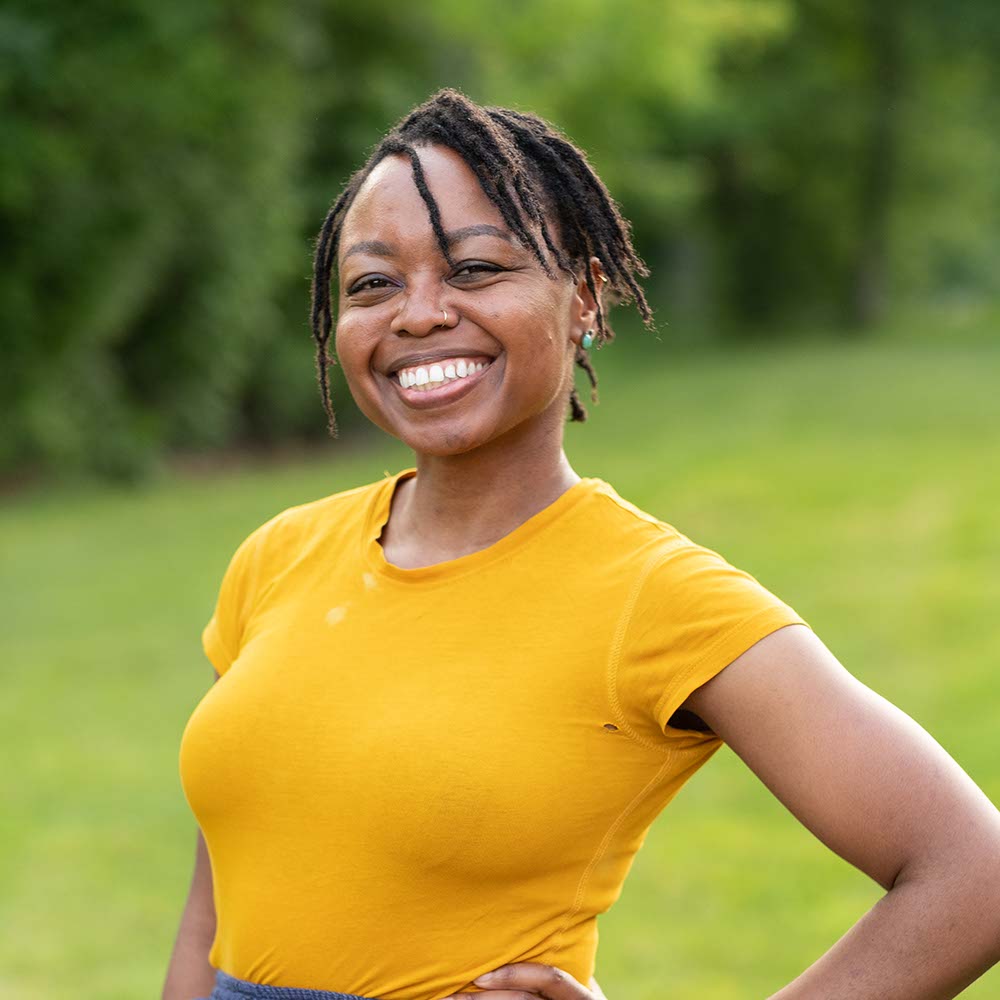
Dr. Tòk M Oyewole
UC Santa Barbara, M.A., Ph.D., Geography, Climate Science & Environmental Justice/Policy
UCLA, B.A., Communications, Geography/Environmental Studies
While at UCLA, Tòk studied abroad in Germany, and learned about the country’s relative advancements in environmental policy and decided upon this as a career trajectory, working thereafter with state and student leaders to defeat an oil-industry backed initiative to repeal California’s landmark climate law. Thereafter, Tòk worked on an organic farm and taught English in the Ecuadorian Andes, worked at a sustainable development NGO in Lagos, Nigeria, and at an environmental policy nonprofit in hometown of Sacramento, before returning to graduate school. During graduate school, Tòk studied the impacts of different organic management practices on greenhouse gas emissions using a field and lab techniques, and grounded it in knowledge of local farmer practices through conducting surveys during her M.A. Since Tòk’s Ph.D. focus in Environmental Justice, Tòk has influenced policy and given keynote talks about the importance of merging science with knowledge from those most impacted by decisions, and has begun a Research Institute focused on building just, sustainable systems; uplifting marginalized communities in the development and implementation of sound environmental and social policy; and enacting small-scale changes (e.g. interpersonal, educational, community, legislative) that shape larger societal transformations. Tòk is fluent in Spanish, proficient in German, and speaks a fair amount of French and Yoruba. Tòk is currently learning Portuguese and Arabic, and is also a musician.
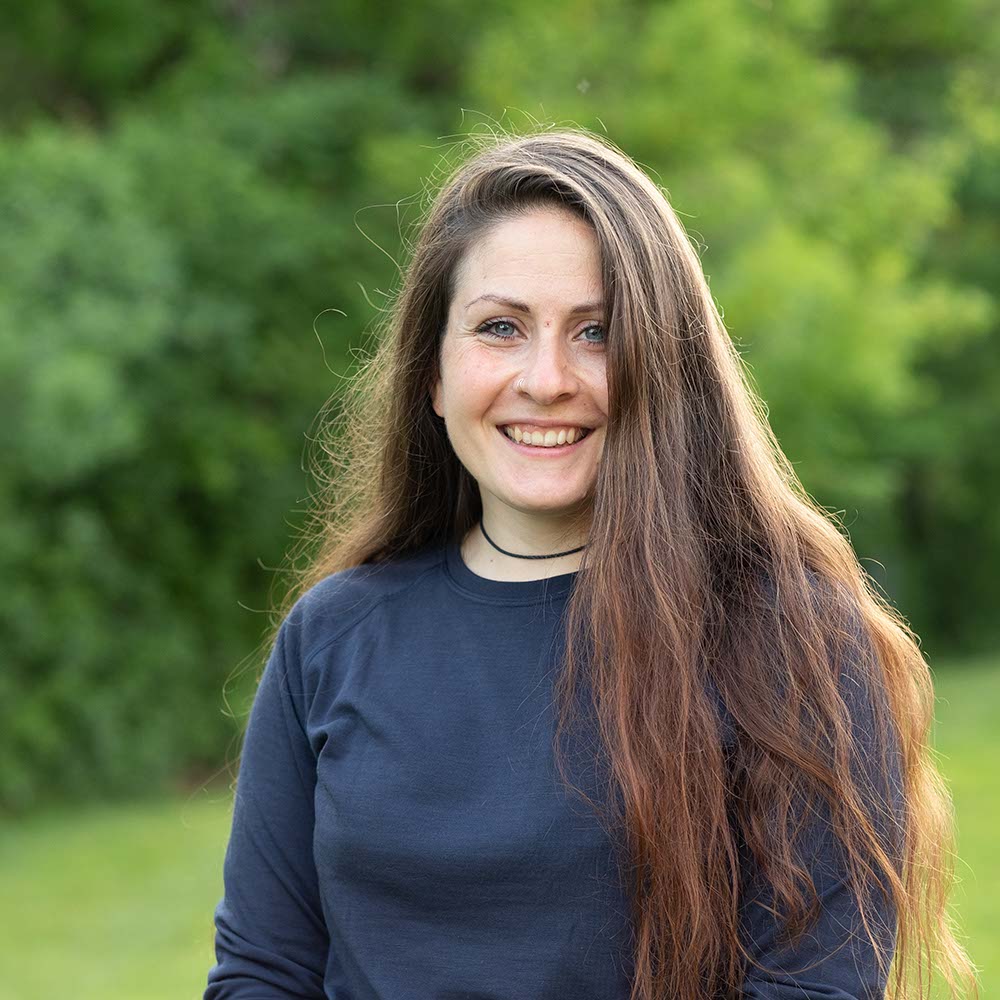
Giulia Ciampini
Ryerson University, M.F.A., Documentary Photography, Film & New Media
D’Youville College, M.Sc., Adolescent Education
University of Toronto, B.Sc., Biological Sciences (Honors)
Giulia works as a professional photographer, educator, and expedition leader. She has led photography and biology programs in more than 16 countries and 50 cities, including Panama, Ecuador, Italy, Portugal, Australia, Bali, Cambodia, and Vietnam. She recently began working as a certified photography instructor and naturalist for Lindblad Expeditions, a company that partners with National Geographic to provide educational and inspirational experiences abroad. She is deeply passionate about outdoor experiential education, photographic arts, biological sciences, and adventure travel. Giulia has snorkeled the Great Barrier Reef, led photography trips in the Amazon, camped in the Andes beside an active volcano, swam in the Arctic Ocean, watched sunrise over Angkor Wat in Cambodia, and more. She is an Ontario Certified Teacher and Wilderness First Responder (WFR), recently completed a conservation photography and a falconry certificate, and is currently working on a yoga teacher certification. When she is not abroad, she works as a lifestyle photographer in Ontario, Canada. Last year she led our program in Greece & Italy.
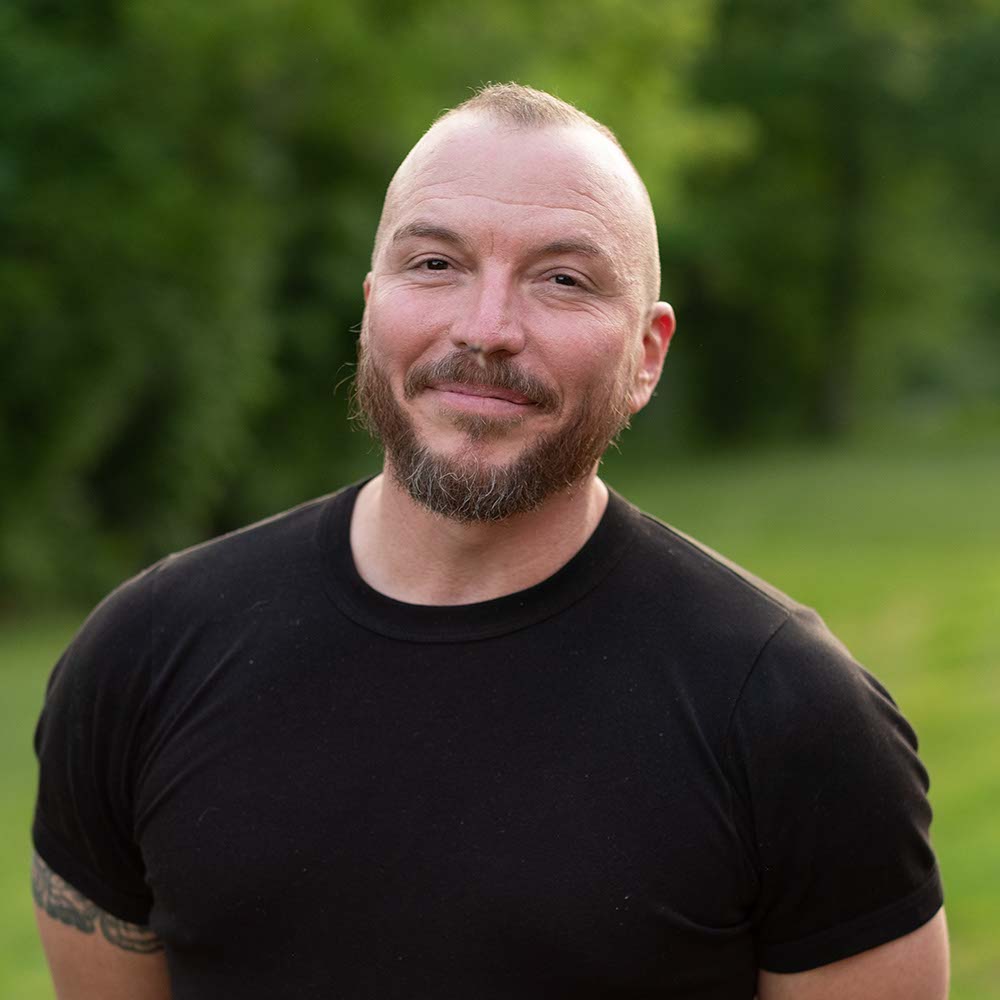
Chris Montero
The Evergreen State College, B.A., Biology and Natural History
Chris did most of his studies in Biology, Ecology, and Zoology in his native Costa Rica at the Universidad de Costa Rica and the Universidad Estatal a Distancia, graduating from The Evergreen State College in Washington State in 2007. Chris worked as a naturalist guide for the Organization for Tropical Studies, as a research technician for the Northern spotted owl for the Washington State Department of Natural Resources, and as a field instructor for the Sierra Institute in Belize and Guatemala. For four years he worked as the Outreach Coordinator for Wolf Haven International, teaching about wolves and other large carnivores and more recently he worked as an Education Coordinator for Mass Audubon in Massachusetts. In 2022, he became a full-time staff naturalist and illustrator for Biomimicry 3.8, an organization he has worked as a consultant naturalist since 2005. Since 2010, Chris has been leading student expeditions in Ecuador and the Galápagos Islands, the Pacific Northwest, Australia, Brazil, Belize, the Canadian Arctic, Botswana, and Namibia. He is fluent in Spanish and proficient in Portuguese.
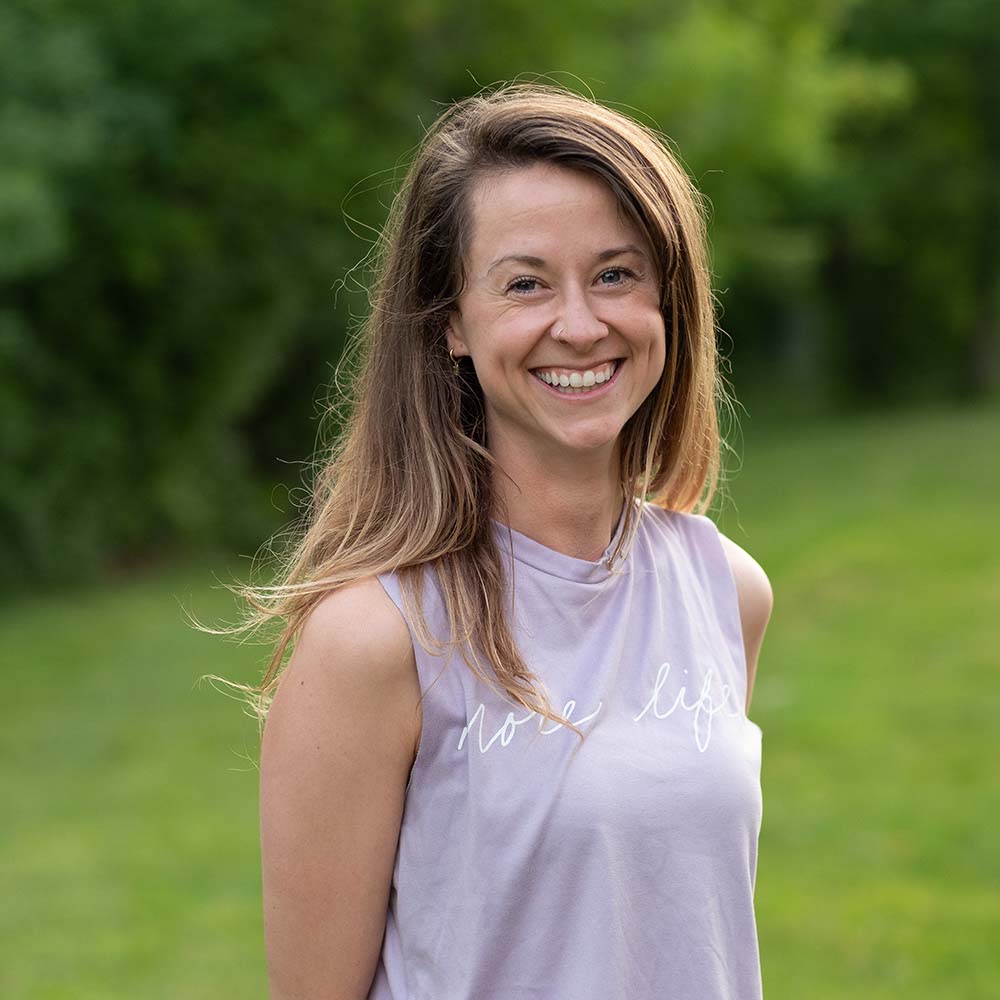
Lauren Fritz
University of California Santa Cruz, Ph.D., Marine Mammal Ecology (in progress)
University of Notre Dame, B.S., Chemical Engineering
While at Notre Dame, Lauren focused on building her skillset in the sciences and explored creative outlets through photography and writing. She developed passions for marine life, ocean conservation, and travel while studying abroad in Perth, Australia. This motivated her to participate in a shark conservation internship in South Africa after her junior year. She loved the country and experience so much that she returned to South Africa for nine months of travel and service work after graduation before moving to Maui, Hawaii, to work as a marine naturalist. This is where her work in marine biology and environmental conservation really gained momentum—since her first year on Maui, she has worked seasonally as a whale watch and dolphin guide, research assistant, and boat crew member in the San Juan Islands, Washington; Kaikoura, New Zealand; Hervey Bay, Australia; and Ha’apai, Tonga. She has also led a student travel program in Hawaii. She started her own marine conservation blog called The Greenest Blue a few years ago to document her experiences and raise awareness about the plight of the ocean’s inhabitants. Lauren is now in the second year of her Ph.D. at UC Santa Cruz. She just completed her first field season studying whale behavior and physiology along the Western Antarctic Peninsula, which involved obtaining body measurements and behavioral observations with drones as well as taking tissue samples with remote biopsy. Her biggest dreams are to make the world a more inclusive, safe space for all species and to travel the world on a sailboat while working as a freelance science communicator.
